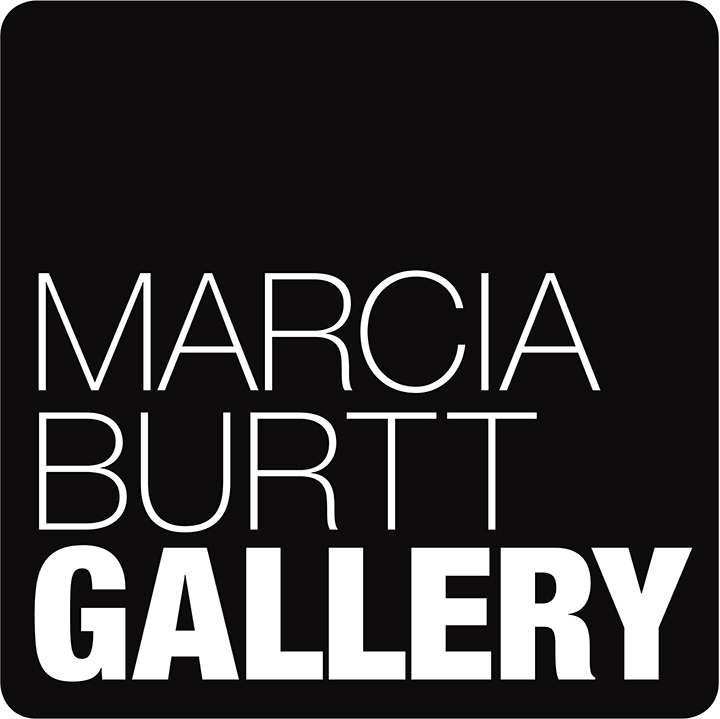SPRING:
Anne Ward
Explore in depth our Spring exhibition and the artist whose work inspired it, Anne Ward. The subject is springtime but the inspiration is "spring through the eyes of Anne Ward."
Right: Anne Ward, Poppies, oil, 20x16 in.
I follow her Instagram account and have been filled with joy seeing her daily posts of flowers, plants, and paintings. An avid gardener, Anne often grows her subject matter. The colors, patterns, and textures are based on her collaboration with nature. Potential paintings are sowed months before her brush touches canvas.
Anne’s work exemplifies the season of spring. She daily paints the new buds and blooms before they give way to summer heat. Quick digital sketches and small gouaches seed larger oils.
This quality extends to her life in general. When Anne drops off paintings, she includes a bouquet of herbs; when shipping, a packet of seeds.
I’m trying to start the hollyhock seeds she sent and further spread the joy.
—Cynthia
Randall David Tipton titled his yellow abstraction Adrift, but in the context of Anne Ward’s floral abundance and Marilee Krause’s delicate minimalism, his colors morph into flowers.
Michael Ferguson and Patricia Doyle are two artists that represent energy in the natural world. Michael creates it through color; his backgrounds pulsate with patches of contrasting colors. Patricia Doyle’s brushwork makes the connection between nature’s gestures and action painting.
The serenity found in Marilee Krause’s pastels and watercolors is accompanied by melodic lines moving over her washes, adding just enough definition to guide your imagination.
There are some interesting parallels between Meg Torbert’s and Anne Ward’s paintings. Flowers and color, definitely. Both artists also play with depth of field by flattening spaces using pattern and flat shapes.
There is also the periodic painting within a painting. Meg’s often featured window-like boxes into different scenes.
Anne’s (an example can be found above) show up as paintings of other paintings in her domestic tableaux.
Although not technically still life, Michael Ferguson’s stylized treatment of irises in the garden, flattening the background, cuts them off from the yard.
Anne’s emerge from shadow, again, removing the flowers from their larger surroundings.
A comparison of Susan Petty at her most minimal: the poppy is beauty through simplicity, the pond is complex minimalism. She manages to capture reflection, depth, and morning haze using just line and a few colors.
More complementary colors from Michael Ferguson, but this painting is all about texture. He uses acrylic paint’s ability to dry fast to create layers of color that can be covered up or revealed depending on the depth of the paint.
On the opposite side of the color wheel is a rare green painting by Marcia Burtt. Her thin washes draw attention, only barely covering the linen underneath.
Bill Dewey often plays with scale in his photographs. In this small, 8x8 inch aerial, the altitude and angle make large buildings appear to be models that can be moved by hand.
A great example of how all the forms of Marcia Burtt’s brushstrokes function to portray a landscape. Thin and thick paint, wide strokes, delicate lines, and the directions she pulls them work to convey dirt, grass, sand, water, and sky.
These paintings share a palette and a wonderful sense of calm, but through opposite means. Susan Petty’s size, minimal detail, and billowing clouds compel the viewer to stop and take in the expanse. Marilyn Turtz draws you in with delicate flowers, a suggestion of waves, and a path to a perfect day.
Like Anne Ward, Robert Abbott often grows what he paints. He captures the changing seasons on a central coast farm. He presents studies in form and line by way of hills and crops.
Two very different approaches to clouds: Erling Sjovold takes a more realist approach, but his use of heightened idealism takes the scenes beyond reality.
Susan Petty’s watercolor, by focusing solely on clouds, is able to achieve the sublime in monochrome watercolor on paper.
One aspect that Marcia Burtt and Patricia Doyle emphasize in their paintings is an ever-changing landscape. It’s not preserved with intricate detail. It can’t be. Their painterly gestures convey a world in flux, time-based art, in two dimensions.
A swap of identities from Robert Abbott and Ian Roberts—
The shadow and light so common in Ian’s work foregrounds Abbott’s painting.
The crops so common in Robert Abbott’s oils becomes the subject of Ian Roberts' small idyll of the French countryside.
A contrast in approaches to landscape by Marcia Burtt: in the smaller painting, the view barely extends above a short fence, forcing the focus down at the reflection of the puddle and the immediacy of the birds. In the larger painting, the bottom is cropped yards from Burtt’s easel, looking up at the vista beyond.
At 26x20 inches, these are the largest works on paper we have shown by Randall David Tipton. I love his smaller pieces, and I’m thrilled by the larger scale.
A selection of available paintings by Anne Ward.





































